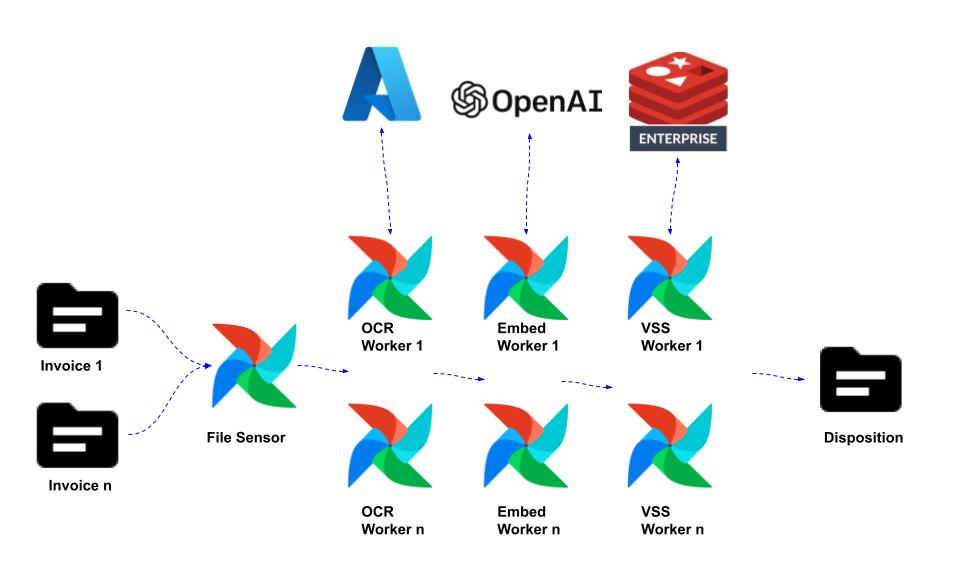Summary
Redis Enterprise has the capability for continuous data integration with 3rd party data sources. This capability is enabled via the
Redis Data Integration (RDI) product. With RDI, change data capture (CDC) can be achieved with all the major SQL databases for ingress. Similarly, in the other direction, updates to Redis can be continuously written to 3rd party targets via the write-behind functionality of RDI.
This post covers a demo-grade environment of Redis Enterprise + RDI with ingress and write-behind integrations with the following SQL databases: Oracle, MS SQL, Postgres, and MySQL. All components are containerized and run from a Docker environment.
Architecture
Ingress

Write-behind

Code Snippets
Docker Compose - Redis Enterprise Node
Docker Compose - Oracle Enterprise
Docker Compose - Debezium
RDI Ingress w/Prometheus Integration
Source
Copyright ©1993-2024 Joey E Whelan, All rights reserved.


